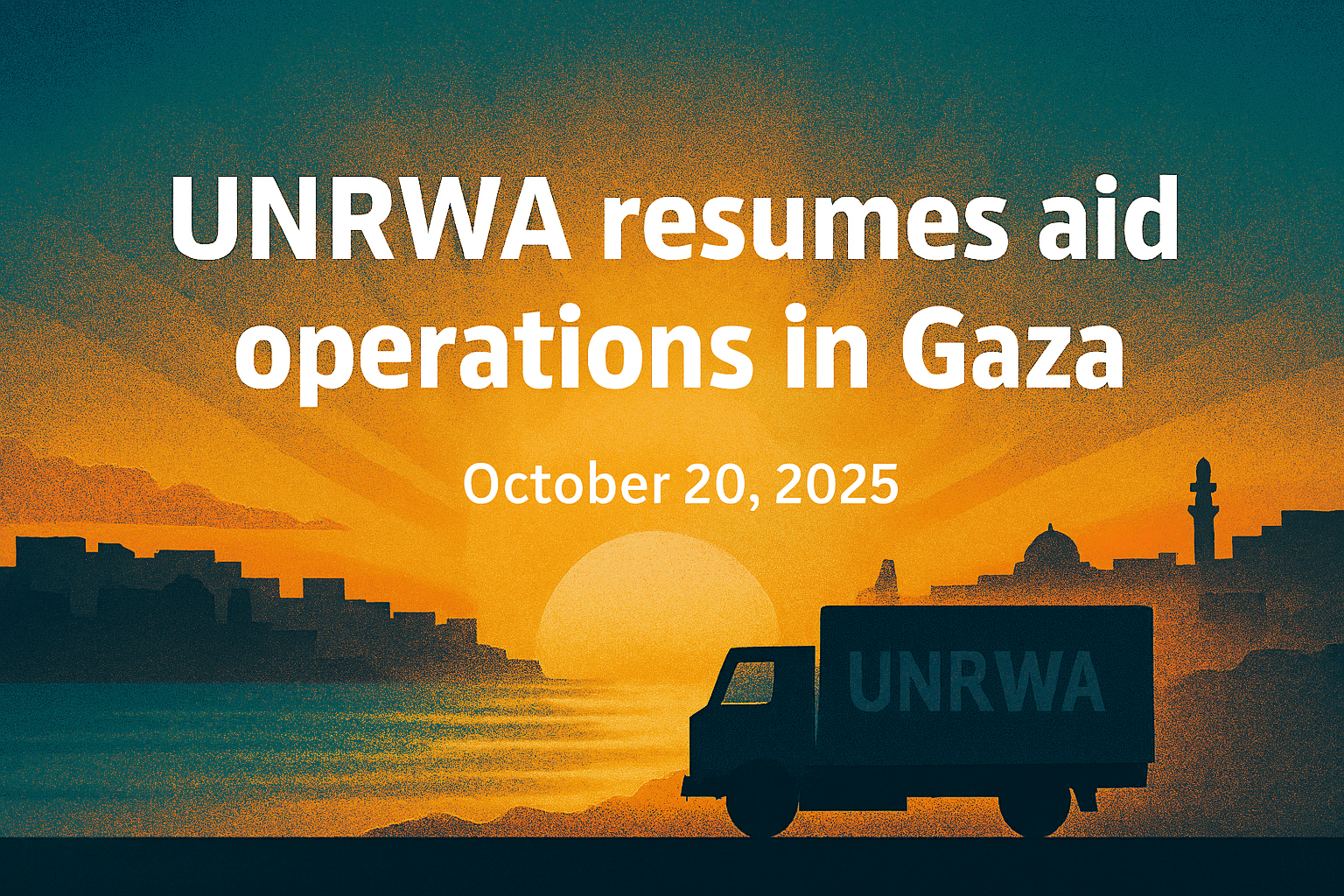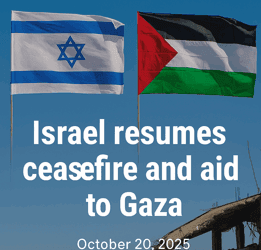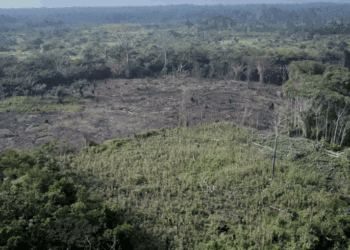A Ray of Relief After Days of Darkness
In the aftermath of renewed ceasefire efforts between Israel and Hamas, the United Nations Relief and Works Agency (UNRWA) has resumed its humanitarian operations across Gaza. For thousands of families displaced by recent violence, the return of aid workers and supplies is more than logistical—it’s emotional. It’s the first sign that life might inch back toward normalcy.
Displacement and Desperation
According to UNRWA’s latest situation report, over 300,000 people were forced to flee their homes during the recent escalation. Makeshift shelters sprang up in schools, mosques, and even half-destroyed buildings. “We slept on concrete with no blankets, no food,” said Mariam, a mother of four from Khan Younis. “When the trucks came back, my children cried—not from fear, but from relief.”
What UNRWA Is Delivering
UNRWA teams have begun distributing emergency food parcels, medical kits, and clean water. Mobile clinics are back in operation, treating injuries and chronic illnesses that went unattended during the fighting. Education centers are being assessed for damage, with plans to reopen classrooms within the week.
Voices from the Ground
Sam Rose, Acting Director of UNRWA Affairs in Gaza, shared his thoughts in a press briefing: “We’re not just delivering aid. We’re restoring dignity. Every sack of flour, every vial of insulin, every school desk we repair—it’s a message to the people of Gaza that they are not forgotten.”
Challenges Ahead
Despite the ceasefire, the situation remains fragile. Fuel shortages continue to plague hospitals. Border crossings are open but heavily monitored. UNRWA staff operate under constant stress, balancing safety with urgency. “We know the risks,” said one field nurse. “But we also know what’s at stake.”
International Support and Scrutiny
UNRWA’s operations are funded almost entirely by voluntary contributions. In recent months, political tensions have threatened that funding. However, following the ceasefire, several donor nations—including Germany, Japan, and Canada—have pledged emergency support. The agency remains under scrutiny, but its role in Gaza is irreplaceable.
Looking Forward
For Gaza’s residents, the return of UNRWA is a lifeline. It’s not a solution to the conflict, but it’s a start. Children are drawing again. Markets are reopening. The sound of generators hums through neighborhoods once silent. “We’re tired,” said Yusuf, a schoolteacher. “But we’re still here. And now, so is UNRWA.”
Conclusion
As Gaza begins its slow recovery, the presence of humanitarian agencies like UNRWA is vital. Their work doesn’t just rebuild infrastructure—it rebuilds hope. In a region where peace is often fleeting, the quiet arrival of an aid truck can mean everything.


















